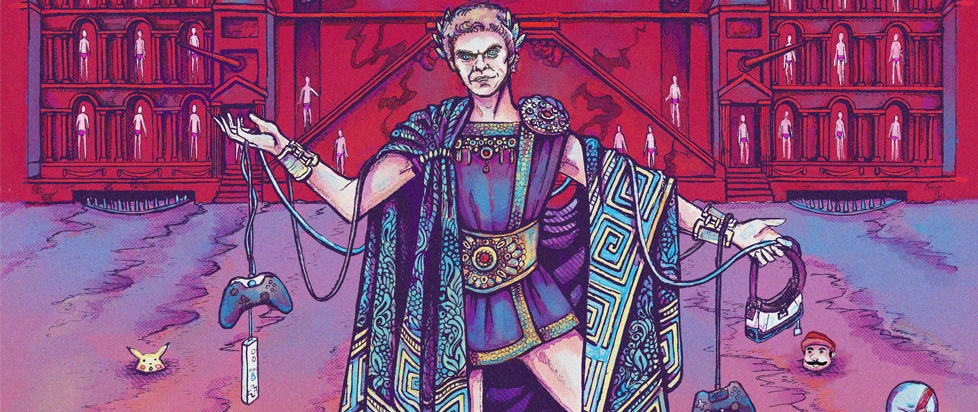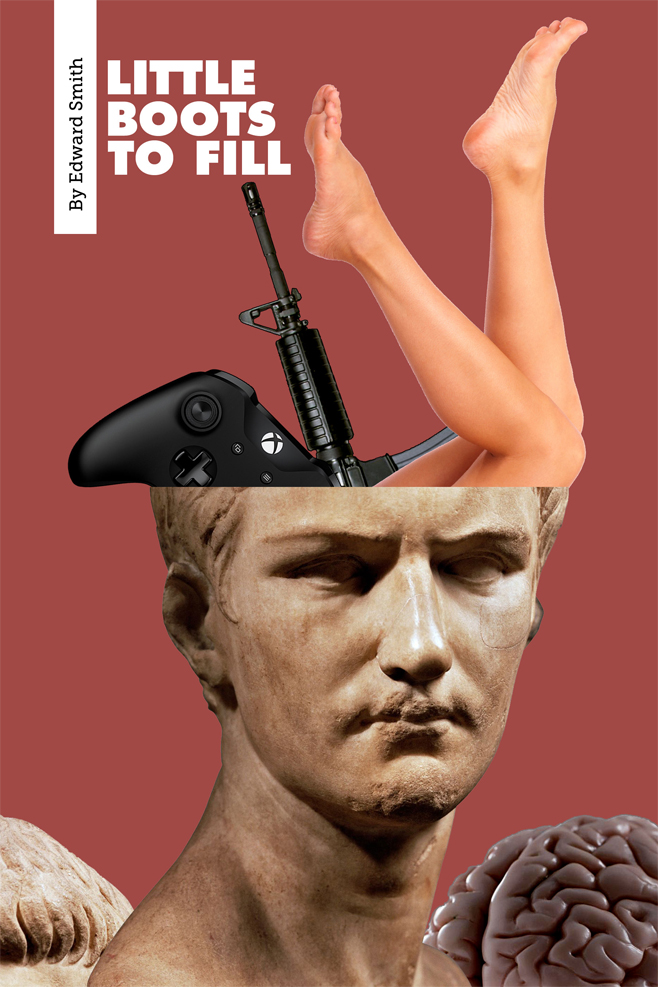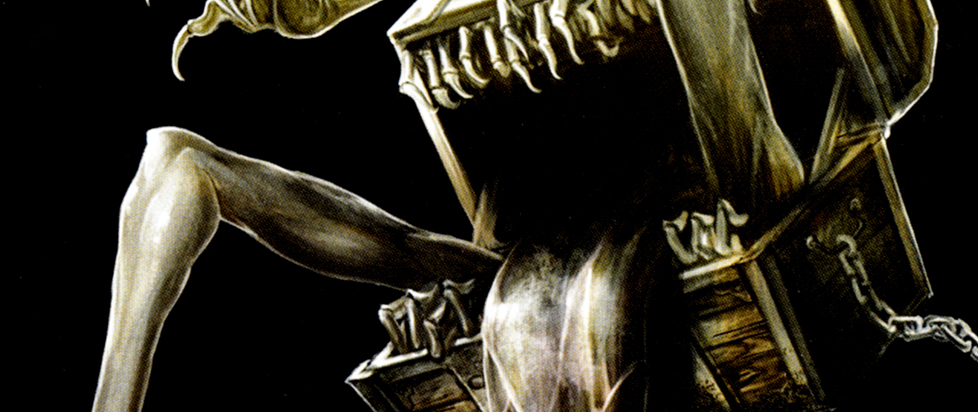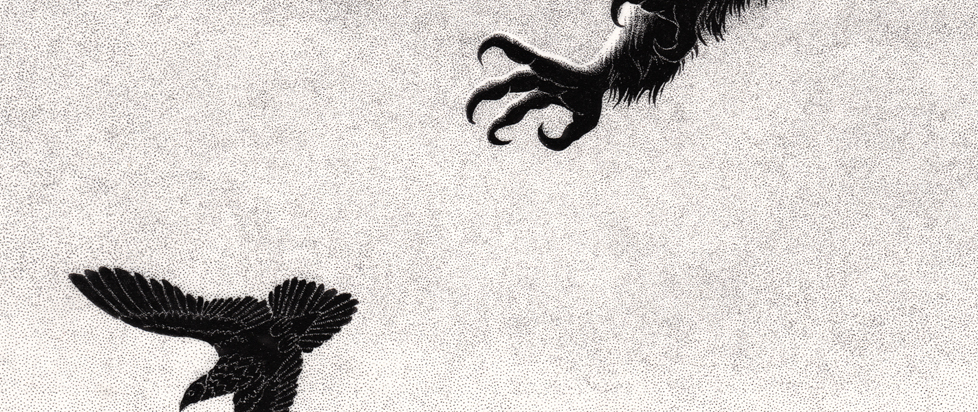
Little Boots to Fill
The following is an excerpt from Unwinnable Monthly 91. If you enjoy what you read, please consider purchasing the issue or subscribing.

Almost all videogames have common sensibilities. Be it literally, via a creative staff of hundreds, or, by proxy as they chase the latest and most profitable trends, games are almost uniformly designed by committee. Narrative is a secondary, if not tertiary consideration. Beneath the rubrics of escapism, entertainment and broad appeal (the importance of which games attest above all else) even basic cogency – let alone authorial intent, contemporary relevance or social awareness – is considered avant-garde.
Not every videogame is trash, but the word “videogame” remains synonymous with gross, distracting pleasure. If games may claim one cultural victory, it is their redefining of gratuity and spectacle as wondrous, unaccountable expression.
Aware they are pornography, we are, by that same virtue, compelled by videogames. Their consistent failure, or unwillingness, to enlighten is also the secret to their fascination. To see so much talent, money and resources spent on producing things of little worth is, in and of itself, a display of abject art, made all the more powerful because it is unintended by its creators. A ghoulish convocation, of exploitation, finance and pretension, videogames seduce us because they adhere to no standards but their own. Moneyed, famous and brazen, they demolish modesty, intellectualism and self-consciousness; cowardly, infantile and derivative, they run shrieking from artistic responsibility.

“I am no man as I am all men, and so, I am a God.” Such disregard for accountability, such freedom as achieved through narcissism, spiritually links Tinto Brass’ and Bob Guccione’s Caligula inseparably to modern games. The 1979 film, notorious for its redoubtable violence, hardcore sex and lavish production offers, across its bloated two-and-a-half hour runtime, a summary reflection of our beloved interactive medium.
Its production is a cartoon, satirizing the precept that two minds are better than one. Brass, the Italian smut director with pretensions of art, envisioned a historical epic; Guccione, founder of Penthouse magazine, imagined pornography produced with a Hollywood budget. Gore Vidal rewrote Lina Wertmüller’s script. Brass rewrote Gore Vidal’s.
Once photography had wrapped, Guccione and his “Penthouse Pets” returned to the set of Caligula at night, stole some props and filmed hardcore sex scenes. After completing a rough cut of the movie’s first hour, Brass was replaced by a team of editors that inserted Guccione’s extra material wherever possible. “The production was divided into two camps,” said Guccione, in a post-mortem interview for his own magazine. “The Penthouse people, including our girls, on one side, and Brass and his mob on the other.” The result: performances by John Gielgud and Peter O’ Toole, two of the world’s most prestigious actors, spliced together with unsimulated sodomy.
Given that Brass and Vidal ultimately disowned the film, and that O’ Toole is described by Guccione as being “strung out on something” during all of his scenes, one gets the impression Caligula was directionless. It is a product of influences, some creative, some financial, some outright spiteful – inexplicably regular appearances by a wriggling orgy of Penthouse Pets are synecdoche for Caligula’s “everybody in” production.

In videogames, compared to the chaotic assemblage which birthed Caligula, the committee is often both explicit and by design. Trends, sales and market research dictate to publishers, which dictate to studios, which dictate to designers. Through alpha and beta releases of their project, game-makers gather and implement feedback from innumerable voices. Players are encouraged to interact how they want, explore where they want, customise what they want – mass appeal and confabulation seem to be not just in videogames’ nature but the very nature of videogames. . .
———
Edward Smith is a writer from the UK. He co-edits Bullet Points, a magazine and podcast dedicated to criticism of shooting games.
You’ve been reading an excerpt from Unwinnable Monthly Issue 91.
To read the article in its entirety, please purchase the issue from the shop or sign up for a subscription to Unwinnable Monthly!




